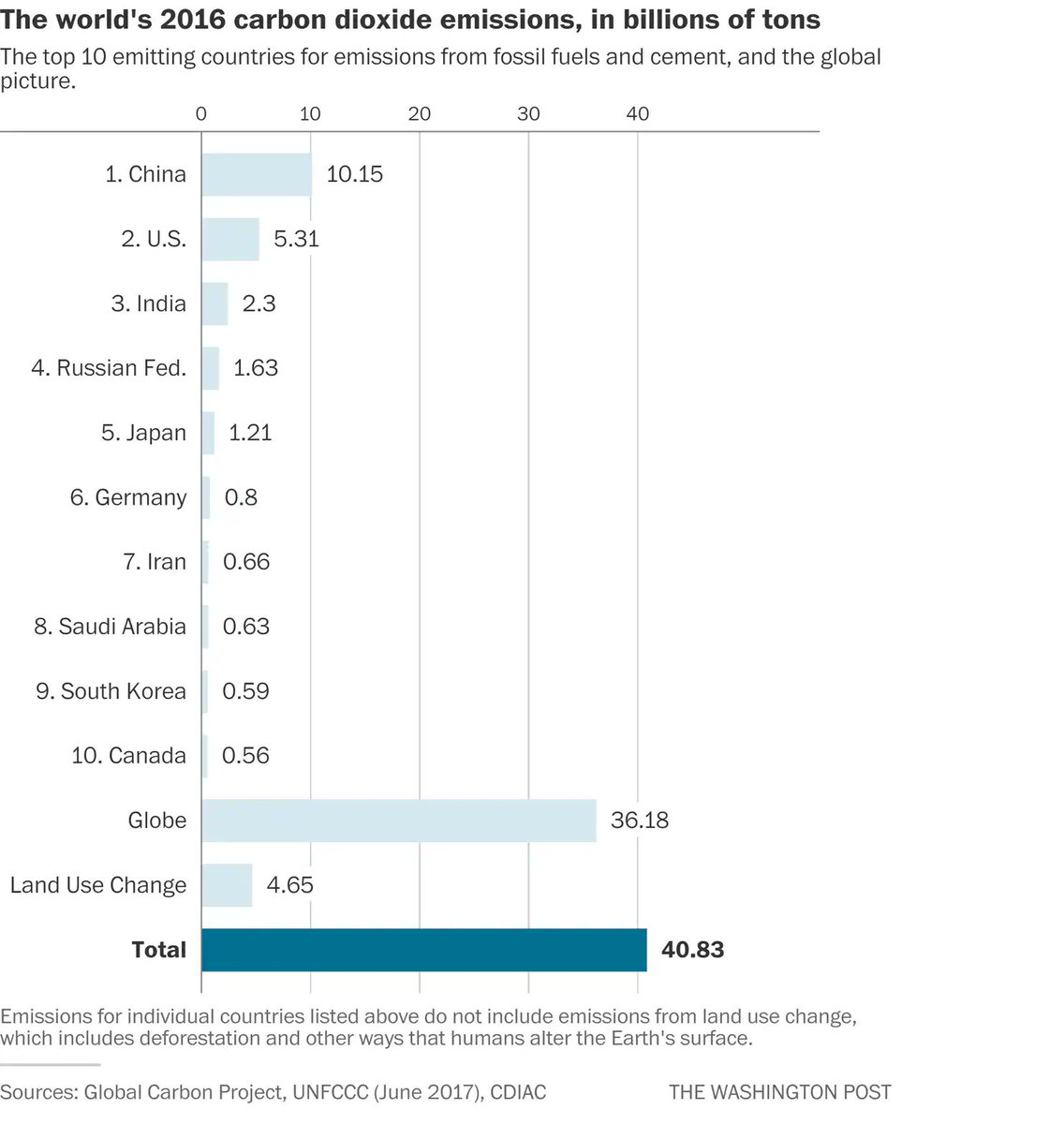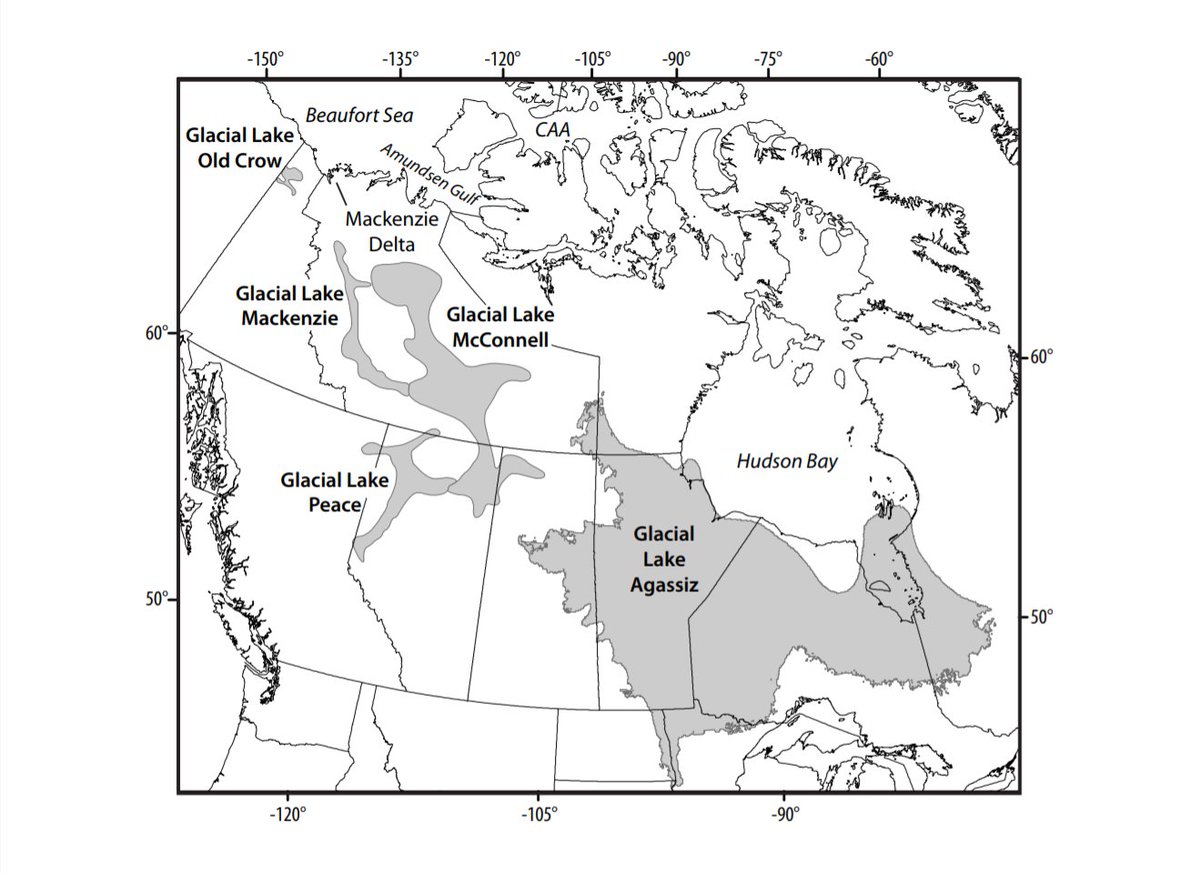
Climate and environment writer at @washingtonpost. Views are my own.
2 subscribers
How to get URL link on X (Twitter) App


 2. As we put it, in order to hold warming to 1.5C, "overall reductions in emissions in the next decade would probably need to be more than 1 billion tons per year, larger than the current emissions of all but a few of the very largest emitting countries." @brady_dennis
2. As we put it, in order to hold warming to 1.5C, "overall reductions in emissions in the next decade would probably need to be more than 1 billion tons per year, larger than the current emissions of all but a few of the very largest emitting countries." @brady_dennis

 2.Here, I’m hoping to share a little more about the story, and some photos and charts.
2.Here, I’m hoping to share a little more about the story, and some photos and charts.



 2. As I reported yesterday, a major scientific assessment has confirmed that the continent is now losing 219 billion tons of ice per year from 2012-2017, and that is three times the ice loss for the period 2002-2007, or 10 years ago.
2. As I reported yesterday, a major scientific assessment has confirmed that the continent is now losing 219 billion tons of ice per year from 2012-2017, and that is three times the ice loss for the period 2002-2007, or 10 years ago.


 2. Basically, this is an urgent research mission to determine just how bad sea level rise in this century could get.
2. Basically, this is an urgent research mission to determine just how bad sea level rise in this century could get.
2.The studies are here nature.com/articles/s4158… and here nature.com/articles/s4158…
External Tweet loading...
If nothing shows, it may have been deleted
by @chriscmooney view original on Twitter

 2. In other places it was frozen and still, like this.
2. In other places it was frozen and still, like this. 

 2. This was at a time of year when sea ice was nearing its annual maximum extent, but it was oddly broken up right along the shoreline.
2. This was at a time of year when sea ice was nearing its annual maximum extent, but it was oddly broken up right along the shoreline.
